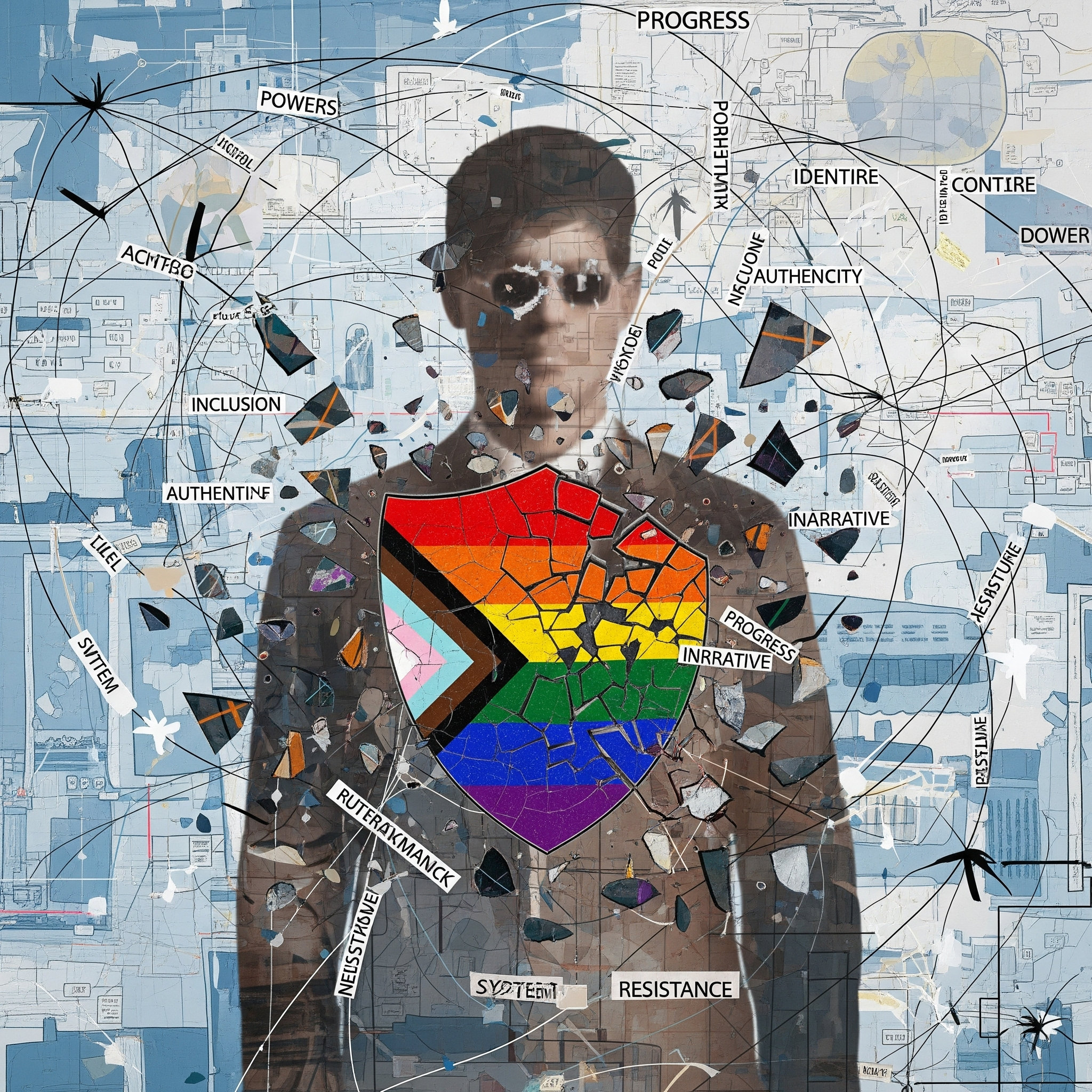The Unravelling of ACON: How Activism Redefined an Era of LGB Advocacy

In a world teeming with acronyms, ACON was once a beacon of clarity, a powerful voice for the L, G, and B communities in Australia. Its mission, as enshrined in its early days, was straightforward: to promote the health and well-being of gay men, lesbians, and bisexuals. But in recent years, a funny thing has happened on the road to progressive nirvana. The organisation, along with its sister body Equalities Australia, has undergone a metamorphosis so profound it has left many of its original constituents scratching their heads, wondering if the asylum has been taken over by a new, more radical, and far less inclusive set of inmates.
The story of this transformation is a fascinating, if slightly grim, case study in institutional capture. At the heart of the matter are a few key individuals, notably Anna Brown and Teddy Cook, who have moved from a pro-LGB stance to a position that many now regard as anti-LGB and decidedly pro-TQ+. Their journey, and the journey of the organisations they helped to shape, is a testament to the power of a determined ideological minority to commandeer a mainstream institution. As the academic and social commentator, Dr. Helen Joyce, has meticulously documented in her 2021 work, Trans: When Ideology Meets Reality, this phenomenon is not unique to Australia but is a global trend driven by a specific, postmodernist worldview.
The shift was not a sudden earthquake, but a series of calculated tremors. For years, activists like Brown and Cook, who transitioned from working on issues of sexuality to those of "gender identity," began to redefine the very language of the movement. "Sex" was out, "gender" was in. "Homosexuality" became a quaint, almost archaic term, replaced by a new lexicon that prioritised feelings and identities over biological reality. The effect was twofold: it marginalised lesbians and gay men who felt that their sexual orientation was a matter of same-sex attraction, and it created a new, untouchable orthodoxy within the organisations themselves. As one disillusioned former ACON member, who wished to remain anonymous, stated in an interview in 2024, "We were told we were 'bigots' if we didn't use the new language. Our concerns were dismissed. It was a hostile takeover, plain and simple."
The data supports this anecdotal evidence. A review of ACON's annual reports from 2010 to 2020 reveals a stark change in focus. In 2010, the reports were dominated by issues of HIV prevention and gay men's health, with a clear and concise focus on the LGB community. By 2020, the language had become a thicket of impenetrable jargon, with "gender identity" and "transgender inclusion" dominating the discourse. The budget allocations followed suit, with an increasing percentage of funds being directed towards a tiny TQ+ minority, often at the expense of the vast majority of LGB people who were still grappling with issues of health, social acceptance, and discrimination.
Equalities Australia, once known as the Human Rights Law Centre, tells a similar story. Originally founded to champion the rights of all Australians, it too has been funnelled down a narrow ideological pipe. Anna Brown, a former director, has been instrumental in this process, using her legal expertise to champion "gender identity" over the protected characteristic of sex. This has led to a series of legal cases and policy proposals that, while ostensibly progressive, have had the practical effect of undermining women's sex-based rights and creating legal chaos. The idea that a single person's "gender identity" can legally trump the collective reality of biological sex is a notion that would have been unthinkable to the founders of these organisations just a few decades ago. It's an ideological power play, a legal sleight of hand that has been pulled off with surprising ease.
The irony of this situation is not lost on many in the LGB community. These organisations, which were built on the principle of fighting discrimination against people based on their sexual orientation, are now at the forefront of a movement that is actively hostile to the very idea of same-sex attraction. It's as if the Temperance Movement decided that wine was actually a good thing, but only if you drank it from a teapot. The result is a splintered, confused, and increasingly angry community, and a legislative and social landscape that is becoming more, not less, complicated. This is what happens when a handful of activists, with a very specific agenda, manage to seize the institutional machinery of a once-proud movement. The unseen hand, it seems, can be far more powerful than the loudest public voice.